How to Make Interview Preparations Easy
Dress appropriately | Practice Your Interview Answers | Build Rapport | Avoid Drinking | Know What to Expect | Follow up on an Interview | Be Consistent
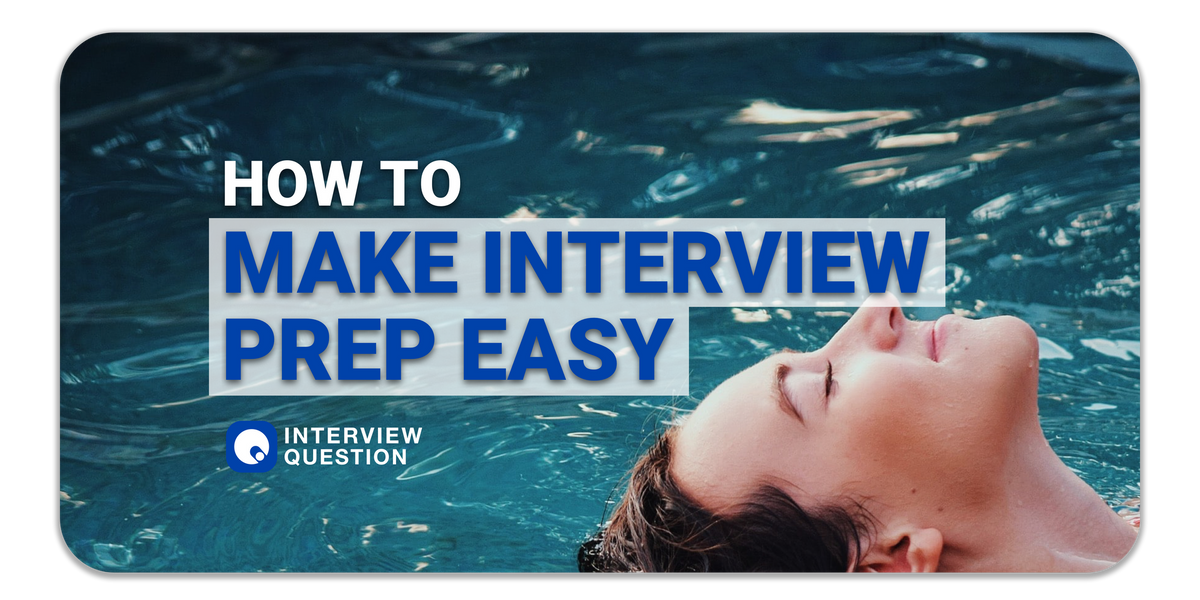
For many people, the biggest challenge in the job search process is overcoming interview anxiety. When you are interviewing for a job, it's important not to worry too much about what you should say or how to dress. You should instead focus on your qualifications and skillsets, which will help you present yourself as an attractive candidate for any position.
Below are some tips to help you overcome interview anxiety and make yourself a more attractive candidate when you head off for your next meeting.
Keep Calm, And Stay That Way
Your interview performance is highly dependent and strongly correlated on how you feel, act and behave on the actual day. Yes, you might have the skills, had the work experience and all that but if you tense up, misspeak, or just fumble, that's it.
You need to get rid of all the things that make you tense so you perform at your peak in the 20 minute meeting.
That's all there is for the interviewers to rely on whether they are going to give you the job or not - so make that impression count.
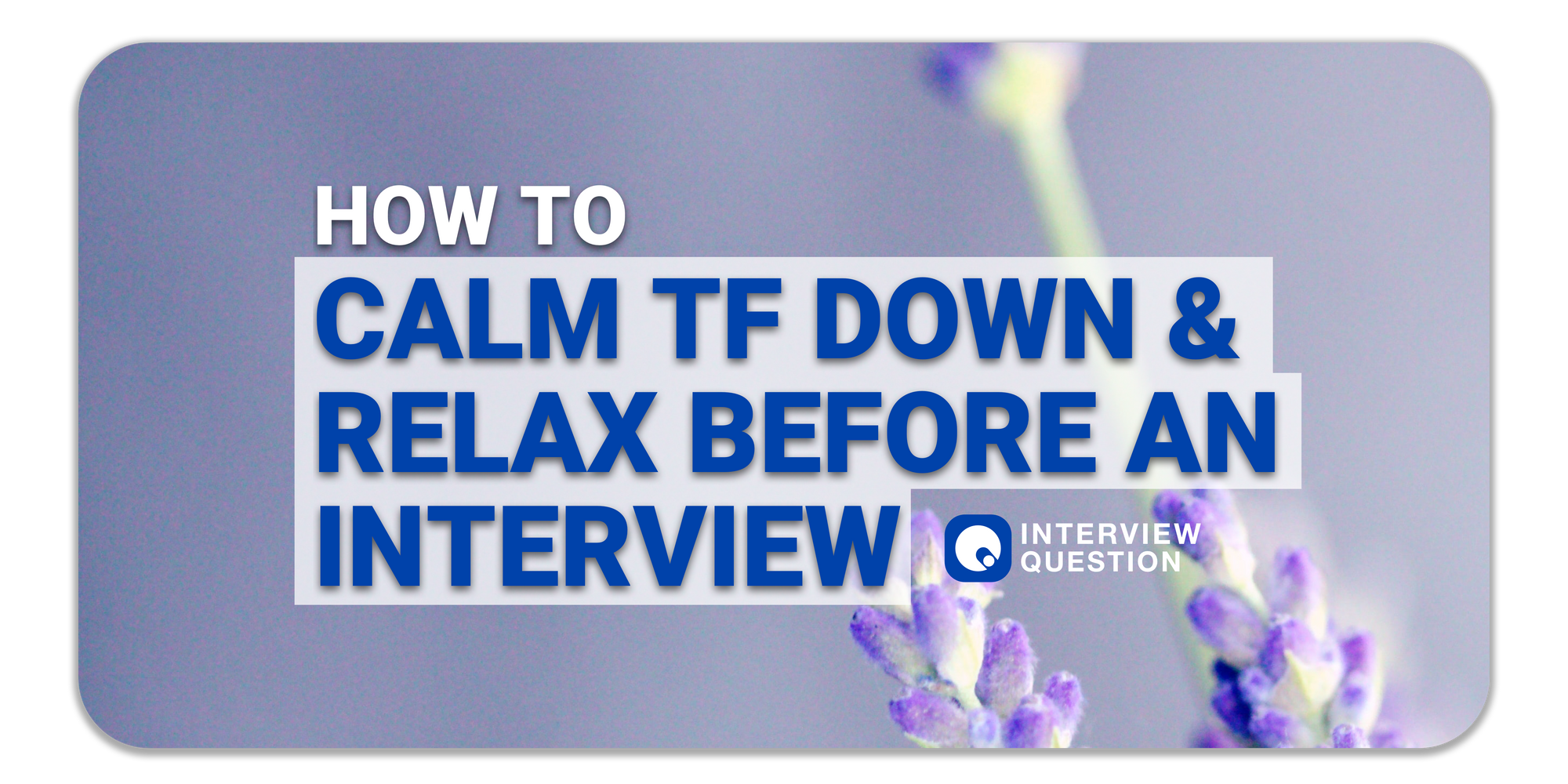
Dress appropriately
You don't want to overdo it, but you also don't want to look cheap or low-class. By getting help with an interview wardrobe that is age, profession, and taste appropriate, you will feel more confident when interacting with your potential employer.
Practice Your Interview Answers
You might be nervous when it comes time for the interview, but this doesn't mean you are unprepared. Prepare for the most common interview questions by having answers ready. Practice answering them with a friend or family member until you are confident that you know the best way to respond.
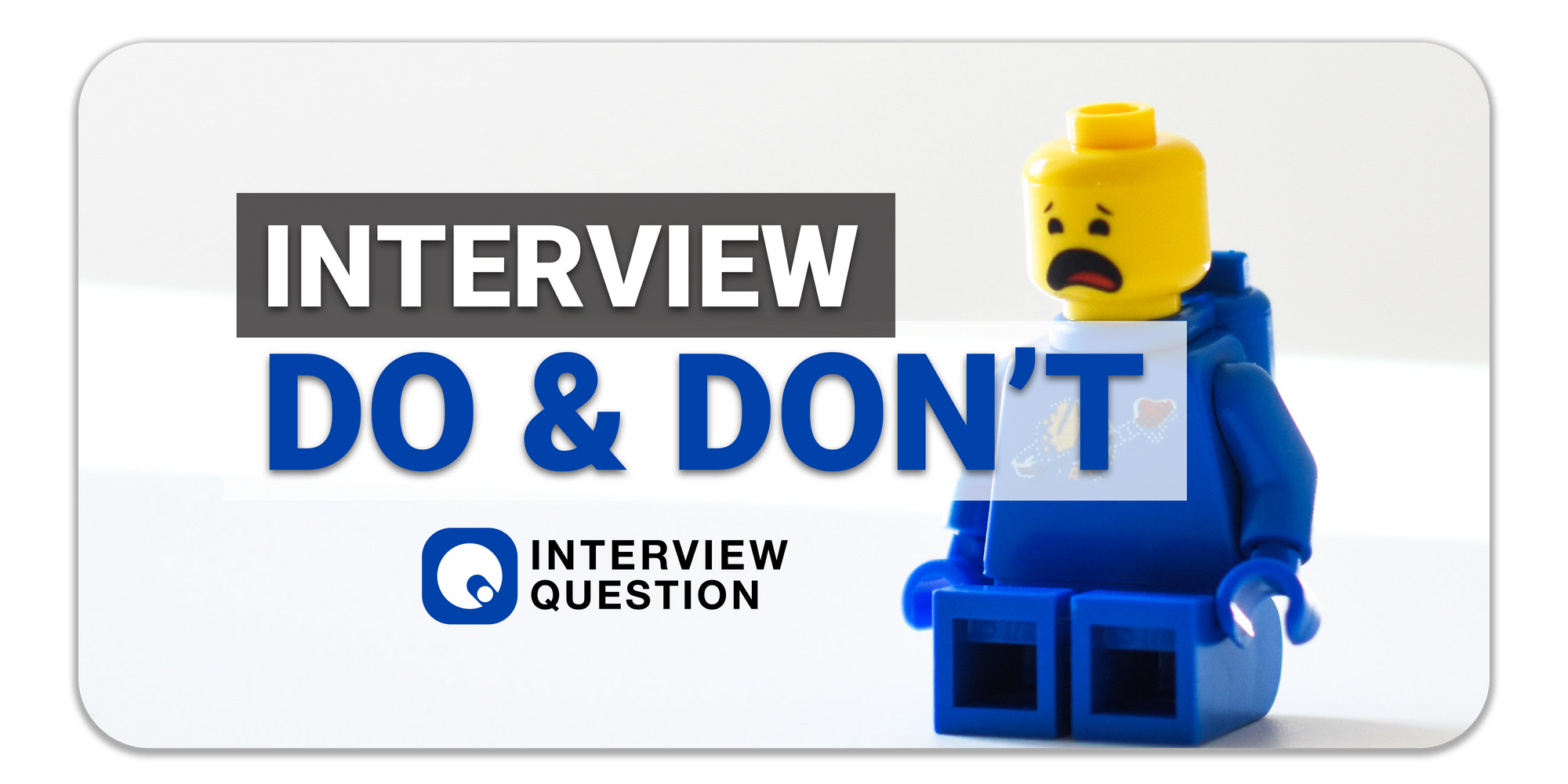
Build Rapport
Get the interviewer to like you in the short 20 minutes you have with him or her.
Making yourself really relatable, down-to-earth, and just generally friendly usually turns out positively for interviewers because it is harder to reject someone you like (and of course, easier to turn away someone you don't have a good feeling on).
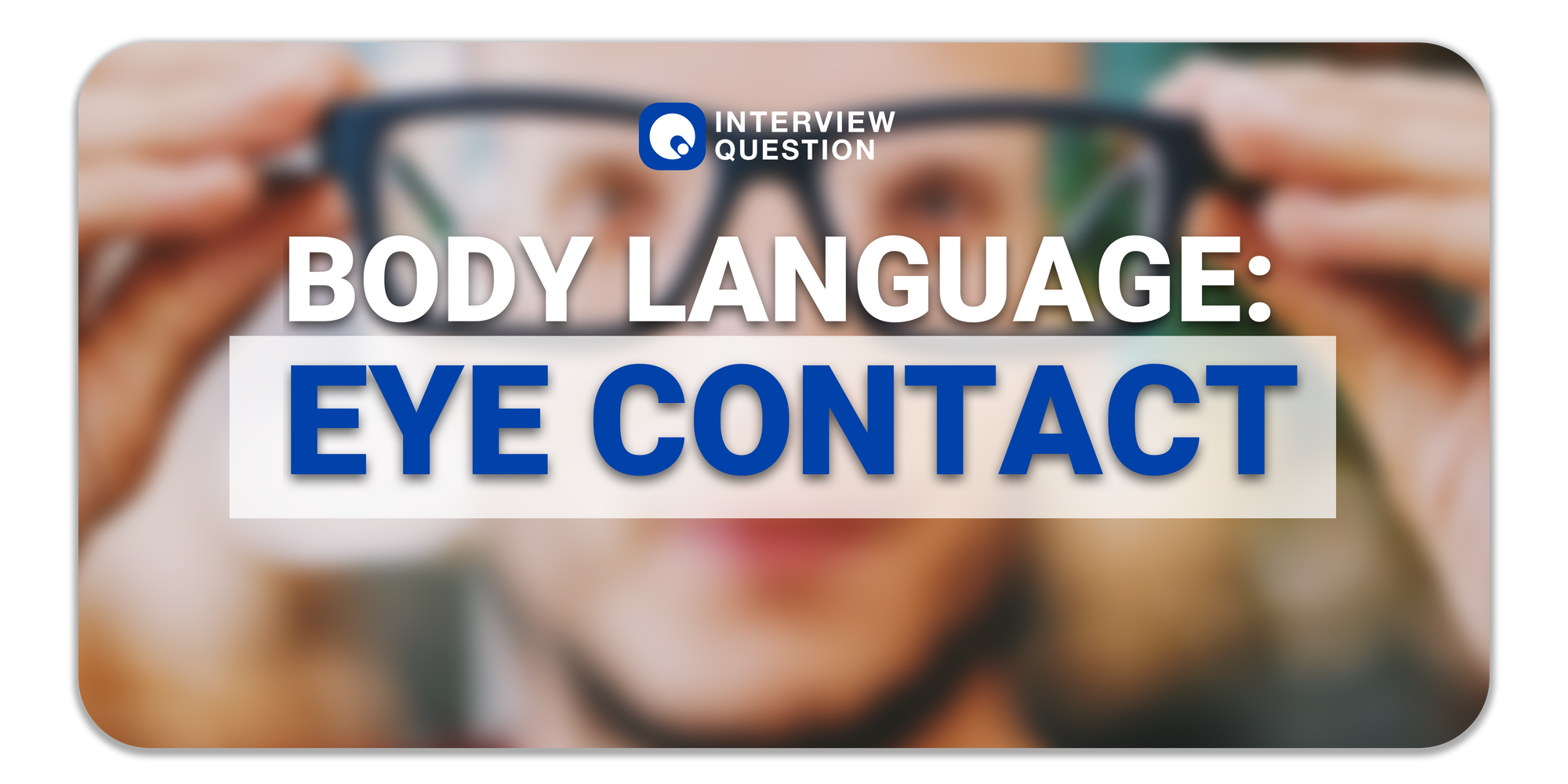
Avoid Drinking
Although this is no longer considered an acceptable preparation method, drinking before or during an interview is not advisable.
You will feel too jittery during the interview and it could cause you to make careless mistakes. Plus, some interviewers may be extremely "traditional" - meaning, that they are your old-gen group (like your parents) who can't mix business and pleasure, and they demand strict conformance to rules and authority.
If you want the job, don't drink (not even a sip).
Know What to Expect
When you are interviewing for a job, it's important that you know what will happen next. Research the company and find out about the interview process so you can be prepared and not caught off guard.
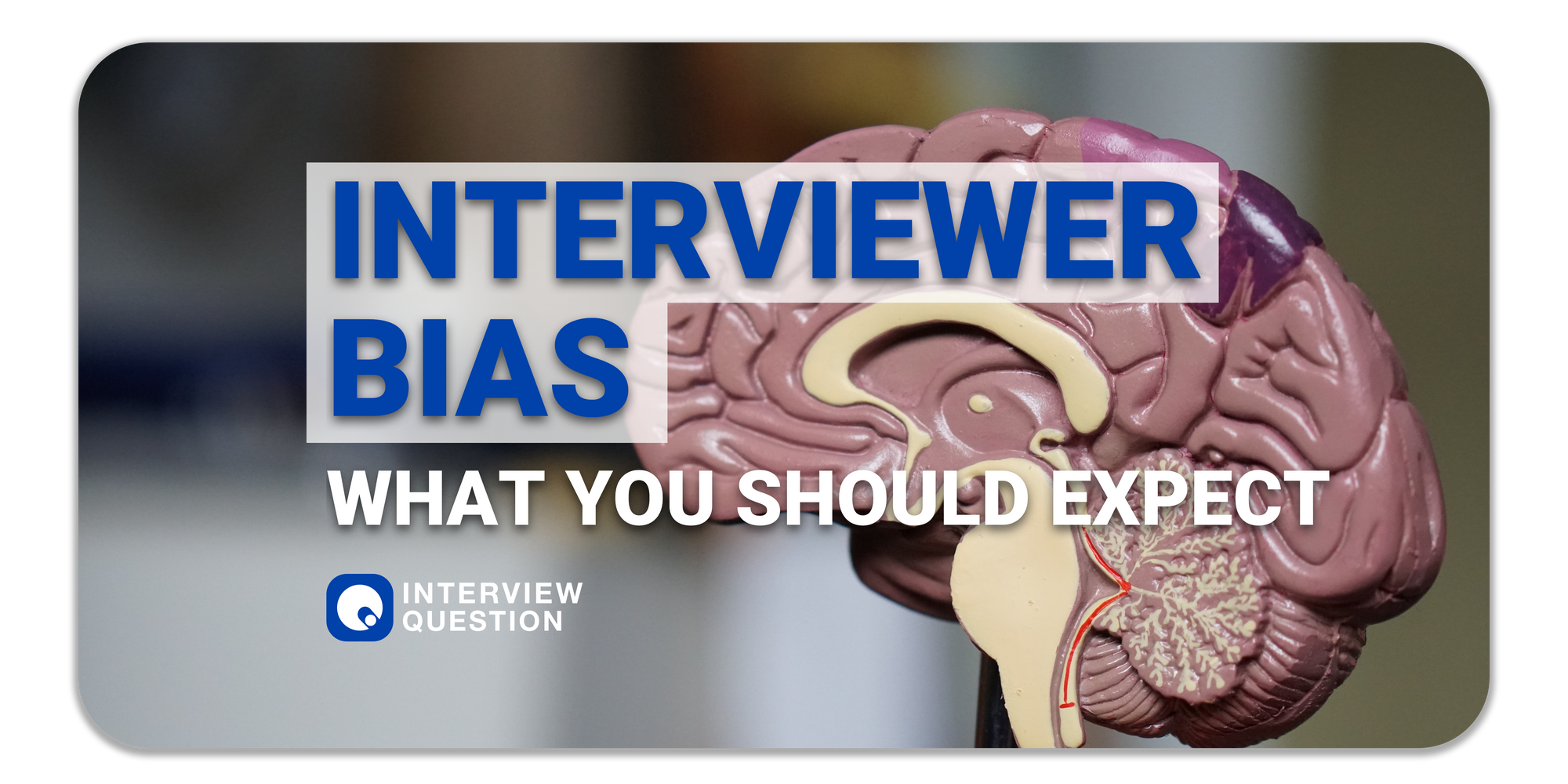
Follow up on an Interview
Another aspect of the job search that can cause anxiety is how to follow up on an interview. You might feel awkward calling or emailing your interviewer after the meeting, but following up is absolutely necessary, especially if you want another opportunity at a future position.
What you should do after an interview is send a thank you letter or email. This will show your enthusiasm in the position and in your ability to perform.
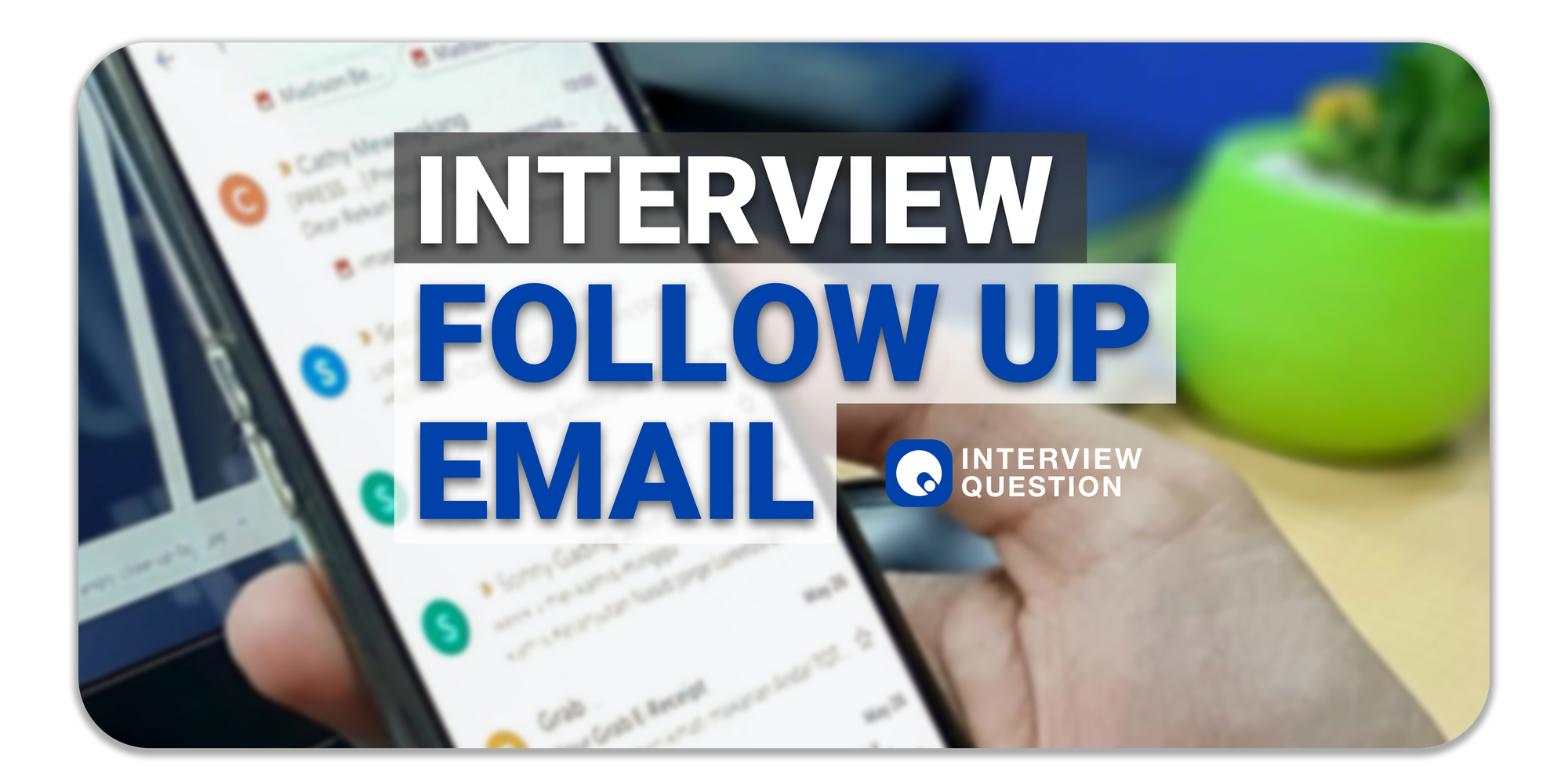
You can also follow up with the interviewer by making connections on social media sites like Facebook or LinkedIn, but be careful not to come across as desperate or clingy.
Consistency throughout the interview process
If you want to get the job you will need to put in the effort during all stages of your job search. Being prepared and following the advice above will ensure that you are giving yourself the best chance to succeed.
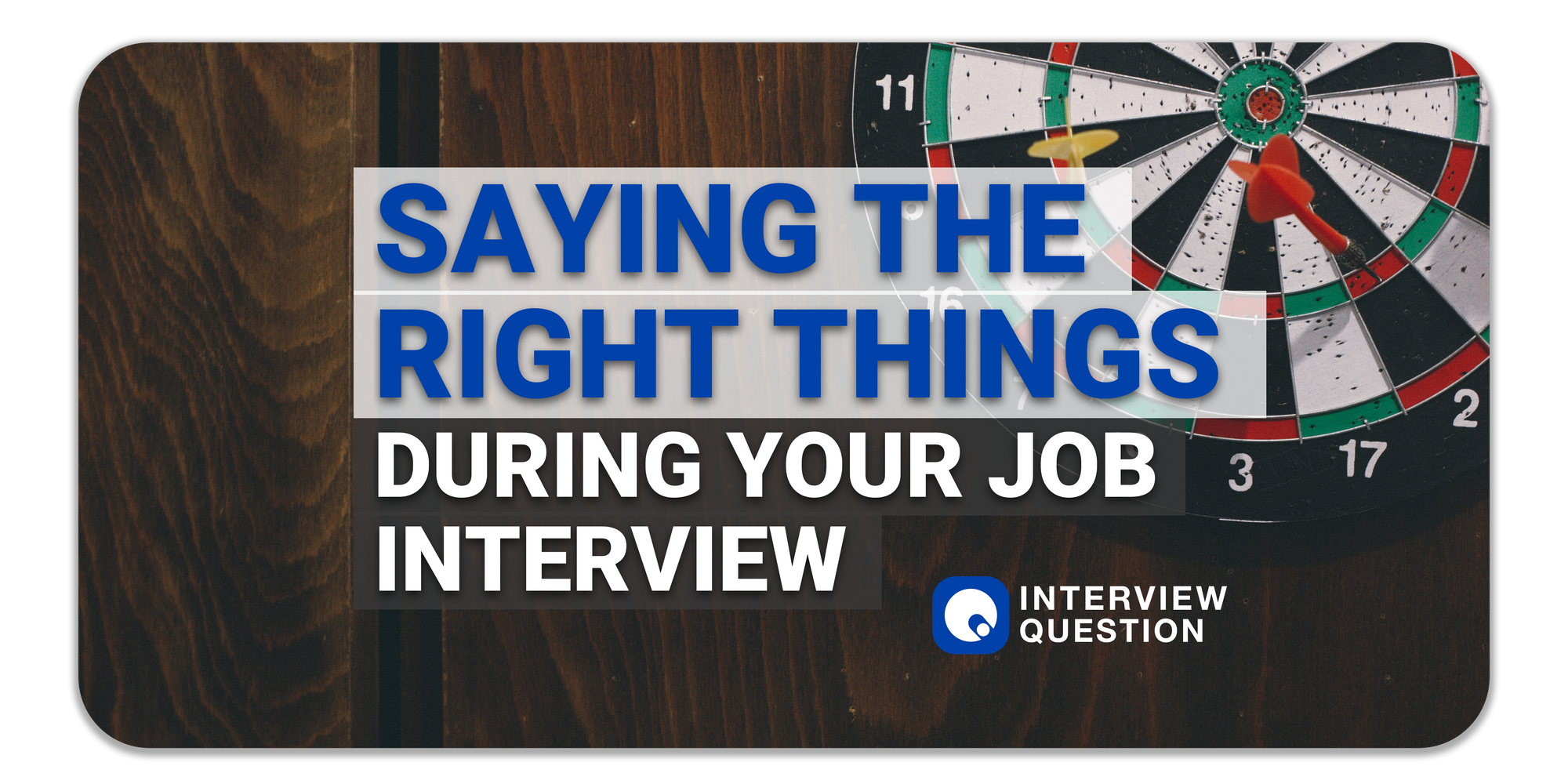
We hope these tips have been helpful. We wish you all the best in your interview.

